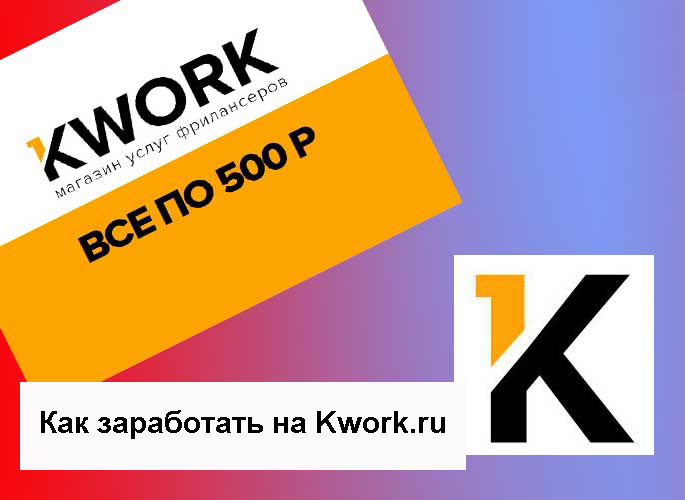
Several years ago, I was teaching poker to my granddaughter, Esther Fayla Epstein. She was making great progress, and had a special flair for the game.
In fact, intuitively, she even developed the Esther Bluff tactic that some of you may be using to improve your bluffing success. Thank Esther for that.
But several poker players I respect, including the late Arizona Stu and famed poker psychologist, Dr. Alan Schoonmaker, warned me to cease and desist; a young child in her pre- and early-teens is susceptible to becoming addicted to gambling. That would be terrible.
Esther accepted the news quite well and, instead, became proficient at volleyball (captain of her high-school girls’ volleyball team) and guitar (member of her school band), while earning A in math and physics.
Subsequently, I received comments from a learned reader, offering a perspective that is worth sharing – whether or not you are contemplating teaching your grandkids to enjoy the game of poker.
Chris, who is a child psychologist, wrote, “I think teaching your granddaughter how to play poker is great. I think it’s important to also teach her what not to do, and why and how those concepts apply to making decisions in real life as well.”
Fantastic thought! He added that he planned to teach his own kids how to play “as soon as they are old enough to understand what hands beat what.”
What does algebra have to do with the game of poker? Basically, Chris is advocating in favor of teaching poker to kids because it can also help them to learn how to make decisions in real life. By identifying and weighing the information and variables during a hand of poker, then analyzing these to arrive at best decisions, we are exercising the same mental skills that are important in enjoying a happy and successful life.
Algebra in schools: (This is my opinion based on my own teaching experience and observations.) In the classroom, emphasis often is on simply memorizing the mechanics of algebra – rather than fully understanding the key essential principles – not just “what” but, more important, “why.”
Perhaps that’s why so many kids fail to meet academic requirements. From my own experience in tutoring algebra many years ago, I believe the teaching in our schools may be lacking. I found that the kids with whom I worked did not understand the basics. After they fully grasped them, the child could easily move ahead to use algebra to solve all sorts of problems.
The beauty of really learning algebra is not the sheer pleasure of solving algebraic problems, but learning how to reason – how to think, analyze, and draw pertinent conclusions based on the facts, so as to be able to solve problems away from the classroom. Thus, learning and understanding algebra better prepares the child for life.
The same applies to the game of poker.
During every hand of poker, gather the data in your mind – the available information; then analyze its meaning to draw the best conclusions. Isn’t that exactly what winning poker is all about?
• Observe your opponents: What kind of player is each? What tells can you observe?
• Study your cards in the hole and those on the board: What are your chances of having the winning hand?
• Consider how the betting has progressed.
• Ask yourself, “Is the reward worth the risk – the pot odds vs. the card odds?
• Realize that position also affects your playing decisions.
• Act.
When you make the best decision, you are successful in your endeavor – win or lose the pot. Yes, losing a hand can also represent success – by losing less than would otherwise be the case. Best, of course, is when your decisions lead to winning big pots.
As for the kids: Understanding the essentials of algebra – how to analyze and solve problems – can better prepare our kids to be winners at poker and in life. If you decide to teach your grandkids, be sure they understand the nuts and bolts of the game so they can make the best decisions.
You should, too. Call it “skill.”
During every hand of poker, gather the data in your mind
Закладка Постоянная ссылка.






